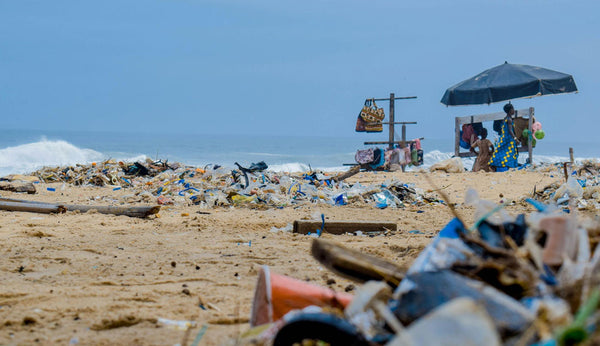
Plastic pollution has become a pervasive problem in our oceans, wreaking havoc on marine ecosystems and threatening the health of aquatic life. From plastic bags and bottles to microplastics, the impact of plastic pollution is staggering. However, there is hope on the horizon as individuals, communities, and organizations around the world are taking action to combat this environmental crisis.
One of the most pressing challenges in addressing plastic pollution is reducing the amount of single-use plastics entering our oceans.

Many countries and cities have implemented bans or restrictions on single-use plastics such as plastic bags, straws, and utensils, encouraging the use of reusable alternatives instead. Additionally, innovative solutions such as biodegradable plastics and packaging made from sustainable materials offer promising alternatives to traditional plastics.
Community-led initiatives such as beach clean-ups and river restoration projects are also making a significant impact in reducing plastic pollution. These grassroots efforts not only remove plastic waste from our waterways but also raise awareness about the importance of protecting our oceans and marine life.
Furthermore, advancements in technology and waste management systems are helping to address the issue of plastic pollution on a larger scale. From ocean cleanup projects using innovative technologies to recycling programs that turn plastic waste into new products, there are countless ways in which technology is being leveraged to combat plastic pollution.
However, the fight against plastic pollution cannot be won without collective action. Each of us has a role to play in protecting our oceans, whether it's reducing our own plastic consumption, supporting legislation and policies that promote sustainability, or volunteering for beach clean-ups and conservation efforts. By working together, we can turn the tide on plastic pollution and ensure a cleaner, healthier future for our oceans and marine life.



